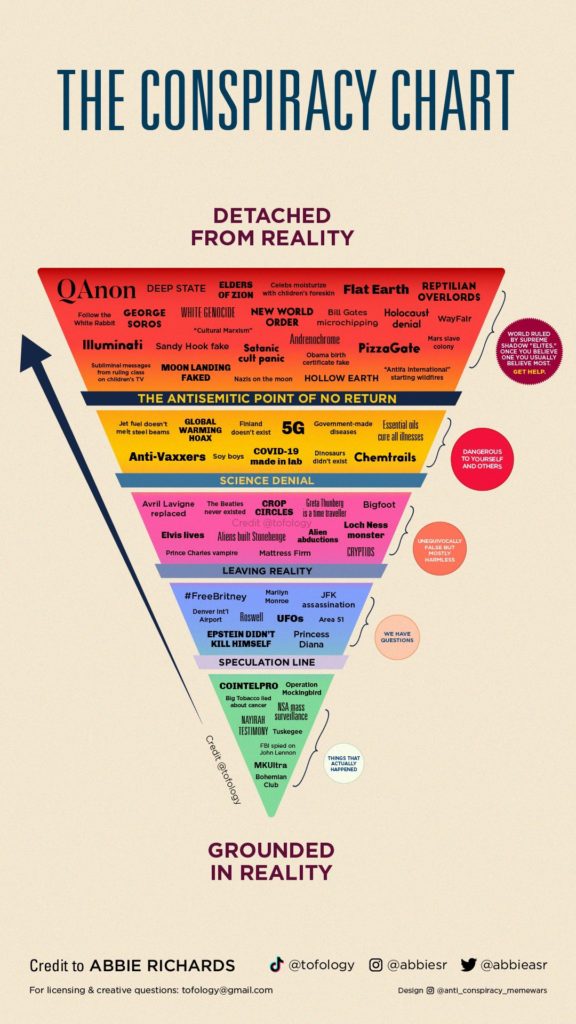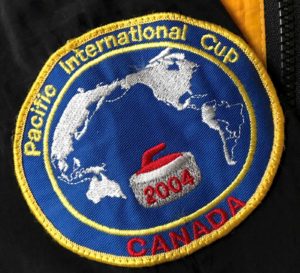It’s exhausting.
I just don’t know how to talk about this, especially in a family friendly way. Swears are all I got left. Not the kind you yell out, but the kind you just mumble. We are all waiting to get “around the corner”, the “light at the end of the tunnel”, or whatever metaphor you want for being done with the bad news. So we can start working on building things instead of rushing to fill newly dug holes, start getting healthier instead of staunching the flow of bad shit. But the bad shit keeps on coming. It can be crushing. Our tear supply runs low. Damn.
I don’t know if it is confirmation bias or something systemic, but fire seems to be a thing of modern New West, not just the legend of our past. Maybe it’s the cost of having so much 100-year old infrastructure that was preserved due mostly to decades of neglect, but still doesn’t quite have the value in it to fully modernize. Or the remnants of our pioneer spirit that emphasizes tacking on the new instead of maintaining the old. Or maybe it’s just a run of bad luck. Like the last one and the one before, this one hits hard, and will change us.
Like many people in New West, I have my personal stories about these spaces. The Pho place became our go-to for soup-like weather (like Monday was, strangely enough) when they replaced the reliable old-school pasta place that was there for so many years no-one remembers a time before. Watching the slow migration of the décor from Mediterranean to Vietnamese became part of the charm of the place, but the Hue-style spicy soup is what brought me in, and the staff are such nice people. We were rooting for them to survive the lockdowns.
I’m not a renowned denizen of night clubs, but even I had a couple of memorable nights at the serial-name-changed night club, some best-not-related (Happy Birthday, Jeremy!), but I think the night dancing with the Pattullo Bridge costume and losing a vote to a dead Kennedy will be one of the legends of my life.
And then there is the Heritage Grill, and yeah I am giving it the extra emphasis. So many plans were schemed in that back room with the sketchy AV system – more than a few of them implemented. So many New Westies met their cohort for the first time in that space, so much music (most of it good!). For all its quirks and foibles, that corner of Columbia and Church was a place where community was built. The owner, Paul, took a risk on opening a small live music spot 16 years ago when most thought Columbia Street wasn’t ready for this kind of thing. He then went about making New West ready for it, by making the space welcoming to artists, musicians, and any organization wanting to do something different in the community. This is how I will remember the Heritage. The backroom filled to capacity at a funraising (fundraising?) event for a political cause the folks in the room will remember fondly.
This is how I will remember the Heritage. The backroom filled to capacity at a funraising (fundraising?) event for a political cause the folks in the room will remember fondly.
The Heritage Grill became a hub for the Pride community, for the environmental community, and a few political careers were launched there. The $10 Burger and Beer fundraiser was the easiest way for a small organization to raise a little seed funding, and start a movement. Paul was so generous in giving space to the community, I’m glad to see the community is finding a way to give back to him. Help if you can.
Addendum: Hey, I’m not a tattoo guy. I’m apparently the last person on earth to not have ink in their skin. But I recognize that a tattoo artist also creates a community around their work, and the loss of this business also impacts our residents, our downtown and the people who put their passion and skill into a business. It just wasn’t top of my mind while writing this up, as it was not a business I had a personal contact with. No slight intended. Also, two other Funding Campaigns have been set up to support the owners of Happy Buddha and Pho Pho You to help them get through this time. Thanks Rosie for pointing these out to me!
We feel the loss, those of us who received so much from these community businesses over the years, but I can’t imagine the loss being felt by those whose dream was building that business. Now, of all times, after a year of holding on by their fingernails, the tree branch is taken away. Overnight. Right when re-opening was on the horizon. Shit.
It’s too early to suggest what this means for Downtown. The loss of a 100 year old building and vibrant community-supporting businesses is tough. Another gap in the streetscape scares me just as much. The prospect that this site may sit empty for a decade or more, like the last fire site downtown where the owners appear to have no motivation to bring the streetscape back into active use, or the empty lot at the corner of 8th and Columbia where the owners have apparently lost interest in activating their approved plans, or the decrepit and effectively abandoned property at 4th and Columbia… There is a momentum here we clearly need to shift, only I don’t know how we shift it. That is the conversation we need to have if we hope for Columbia Street to be the community-supporting street many of us want to see. Does this fire push is back another step, or is it motivation to push us forward?
I guess we’ll see.
But for now, there are people to thank. The fire department once again spent an exhausting weekend making the city safe, dealing with stresses and dangers the rest of us can’t know. As has become practice for major events, the fire services of our neighbouring communities came out to provide assistance, and we owe those communities our gratitude. The Police were there to support them, managing traffic, keeping the public safe, and no doubt had to deal with both the curious and the devastated, and as always did so with professionalism. City engineering crews had to deal with drainage not designed to deal with this level of water or debris, and set to work assuring utility services are still useable by neighbouring properties. Electrical crews have to find a work-around to the loss of distribution line and transformers, and hope to get the local neighbourhood back up and running before Tuesday when everyone expects their life back to normal. In an event like this, there are so many people who need to do unexpected work on a long weekend – stuff that is definitely not in their workplan, and certainly not something they booked off work Friday afternoon figuring they would be doing. The very least the rest of us can do is see that the work isn’t thankless. Thank you all.
And then it’s over to us. The community, the BIA, the businesses downtown, the owners of property, and us folks in City Hall. Today the Province announced the restart plan version 2, we need to get those vaccines in our arms and show a couple more weeks of diligence and that light at the end of the tunnel will be upon us. Maybe the restart is the good news we have been waiting for. I know we’ve all been working as much as we can – emotional labour especially – over the last year. Now we get to do the other stuff, and see what we can build. So take a deep breath, mutter out a few curses, take time to think about all we have lost, and get to work building something memorable.

